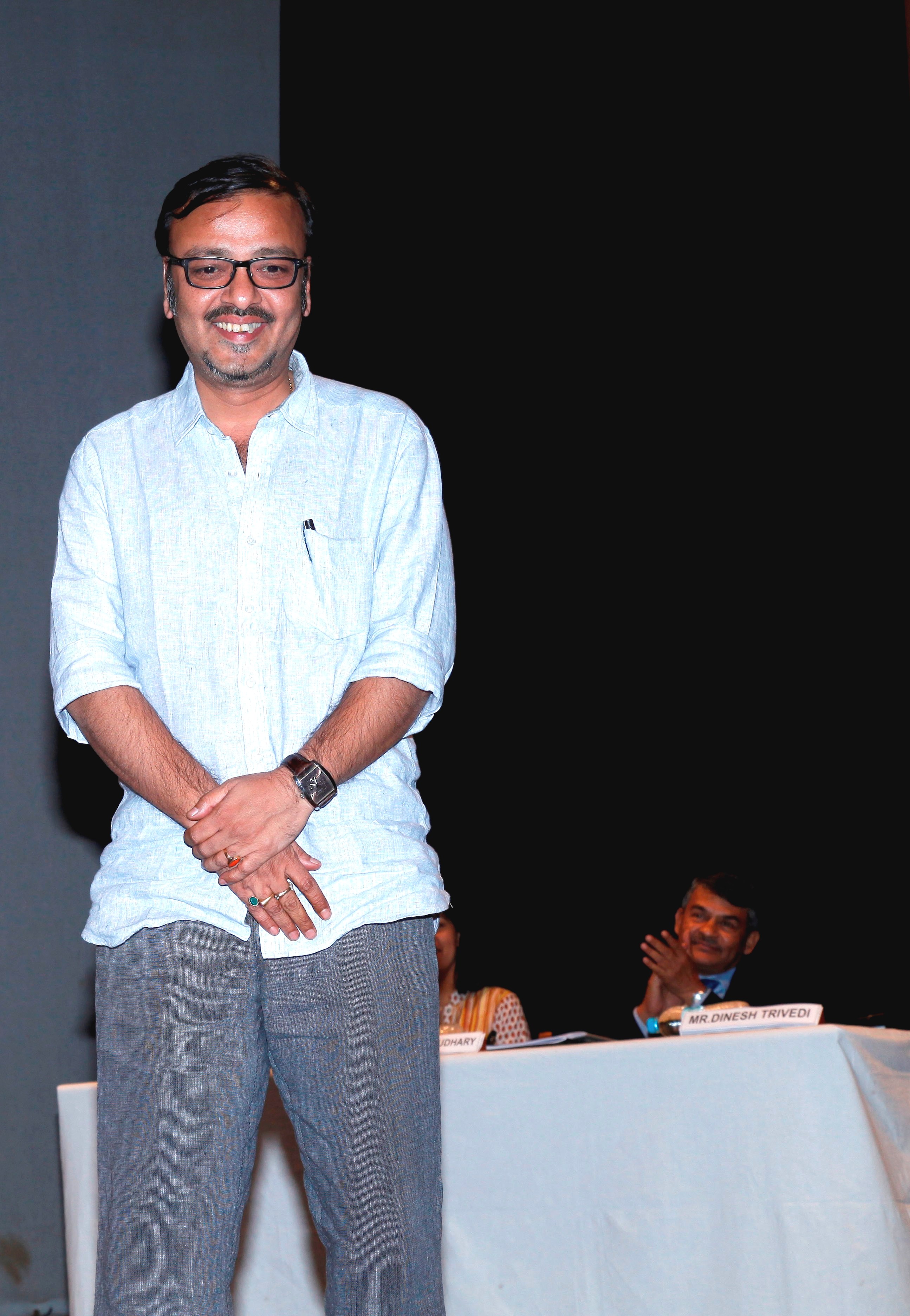 My friend Shayantani Sharma – a leading HR consultant and myself were short listing candidates for a high profile Corp Comm. top position and the choice had come down to two. One had an impressive 15 year track record with distinguished positions held in reputed organisations while the other looked like a brash newcomer, whose CV just didn’t have the weight when compared to the other. “Let’s run them on Klout” said Shayantani and surprise of surprise, while the heavyweight had a Klout score of 22, the relatively inexperienced candidate was way ahead with 65! “My vote goes to 65” said Shayantani with a quiet conviction only she can muster. “A high Klout score denotes your influence, your clout as a communicator in the social media and you can clearly see how much of an edge one has over the other.” I persisted, pointing out the past records and both the candidates were called for an interview.
My friend Shayantani Sharma – a leading HR consultant and myself were short listing candidates for a high profile Corp Comm. top position and the choice had come down to two. One had an impressive 15 year track record with distinguished positions held in reputed organisations while the other looked like a brash newcomer, whose CV just didn’t have the weight when compared to the other. “Let’s run them on Klout” said Shayantani and surprise of surprise, while the heavyweight had a Klout score of 22, the relatively inexperienced candidate was way ahead with 65! “My vote goes to 65” said Shayantani with a quiet conviction only she can muster. “A high Klout score denotes your influence, your clout as a communicator in the social media and you can clearly see how much of an edge one has over the other.” I persisted, pointing out the past records and both the candidates were called for an interview.
When we went through the motions, to my surprise the one with the higher Klout score emerged a clear winner – life mimicking the score. So what exactly is a Klout score?
Just like Google’s search engine attempts to rank the relevance of every web page, Klout—a three-year-old startup based in San Francisco—is on a mission to rank the influence of every person online. Its algorithms comb through social media data: If you have a public account with Twitter, which makes updates available for anyone to read, you have a Klout score, whether you know it or not. You can supplement that score by letting Klout link to your accounts, like those on Google+, Facebook, or LinkedIn. The scores are calculated using variables that can include number of followers, frequency of updates, the Klout scores of your friends and followers, and the number of likes, re-tweets, and shares that your updates attract. High-scoring Klout users can even qualify for Klout Perks, free goodies from companies hoping to garner some influential praise as social media evolves and everybody jumps in to create their niches.
“In one of the Hospitality chains I advice, we ran a simple experiment” Shayantani was saying. “We simply upgraded people checking in with Klout scores above a predetermined cutoff and took extra care of the influencing guests. You cannot imagine the kind of positive conversations that simple move helped generate, enriching our social profile by many positive notches. Such is the power of Klout. I, for one, will not be surprised if it emerges as the next big thing with everyone scampering for a better score.”
The concept I learnt is simple – if you have a high score and are happy with my goods and services, your recommendation will have a real positive impact on my image and therefore, me and companies like me, will walk that extra mile to woo you. Instead of spending a packet trying to attract the right eyeballs through advertising, I can latch on to the social influencers directly and use their help to move up the ladder of success, literally, lad, by lad!
If Shayantani is to be believed, people with enviable Klout scores will soon be boarding planes faster, get more privileged service in hotels, restaurants and VIP lounges. All this because, more and more companies will seek them out and spread the red carpet in the hope of their tweets and posts doing the trick. “They are the high rollers of tomorrow” said Shayantani, “read my lips.”
With the leader of the free world, President Obama enjoying a near perfect score of 99, she doesn’t seem far away from the point. As a matter of fact, mainline media as we know it is all over Klout – CNN, Washington Post, Associated Press, Los Angeles Times, The Guardian, Time and NewYork Times are the top 8 with Klout Scores tied at 99 followed by ABC News and The Globe & Mail making up the list of top ten.

